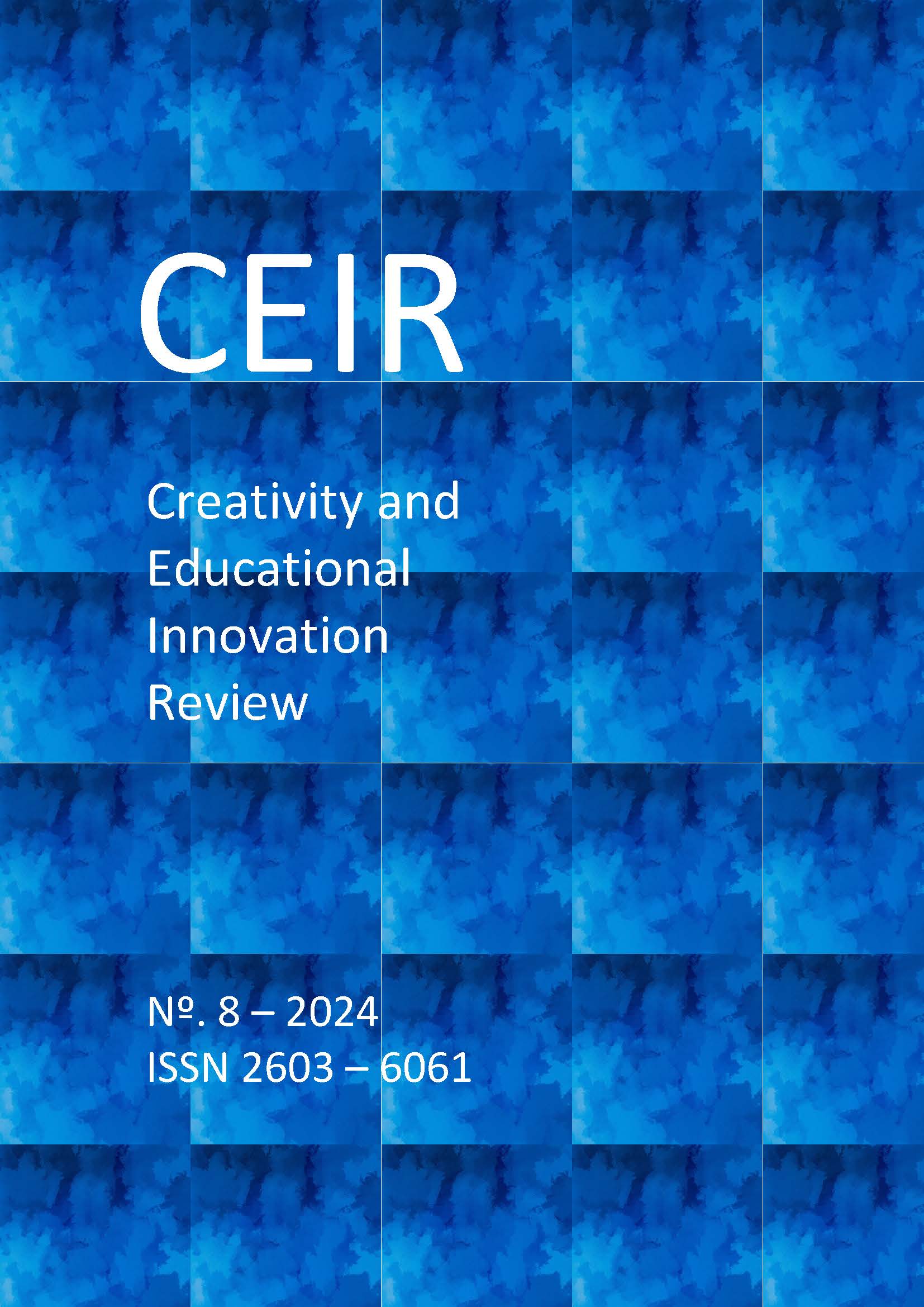Lo intransitivo de la educación
DOI:
https://doi.org/10.7203/CREATIVITY.8.29938 Abstract
Abstract
Systems thinking is holistic thinking. It breaks with the mechanistic and linear assumptions according to which every phenomenon (for example, a behavioural anomaly) can be traced back to one or several conditional factors that we are able to recognise in a prosaic way. Instead, systems thinking starts from an epistemology that thoroughly addresses the question of how observers construct realities and take them for granted as the only reality that is the same for everyone, a routine education that increasingly blinds them to what is about to emerge.
Highly cultivated knowledge and experience can harm resonance with the other party because they socialize responsible professionals (teaching staff, guidance staff, management staff, etc.) into the illusion of a separate wisdom that misses the connections. The accompaniment of transformation processes – whether teaching-learning or management – requires experts in non-knowledge (cf. Arnold 2019) if we want to support truly deep and sustainable effects at the level of results.
At the heart of self-inclusive professionalism is therefore a specific attitude that is based on the values and criteria of a humanistic vision of the human being and a dialogical relationship, on the one hand, and a self-inclusive reflection and a prosaic approach to effectiveness, on the other.
 Downloads
Downloads
Downloads
Published
How to Cite
-
Abstract3
-
PDF (Español)3
Issue
Section
License

Este obra está bajo una licencia de Creative Commons Reconocimiento-NoComercial-SinObraDerivada 4.0 Internacional.



